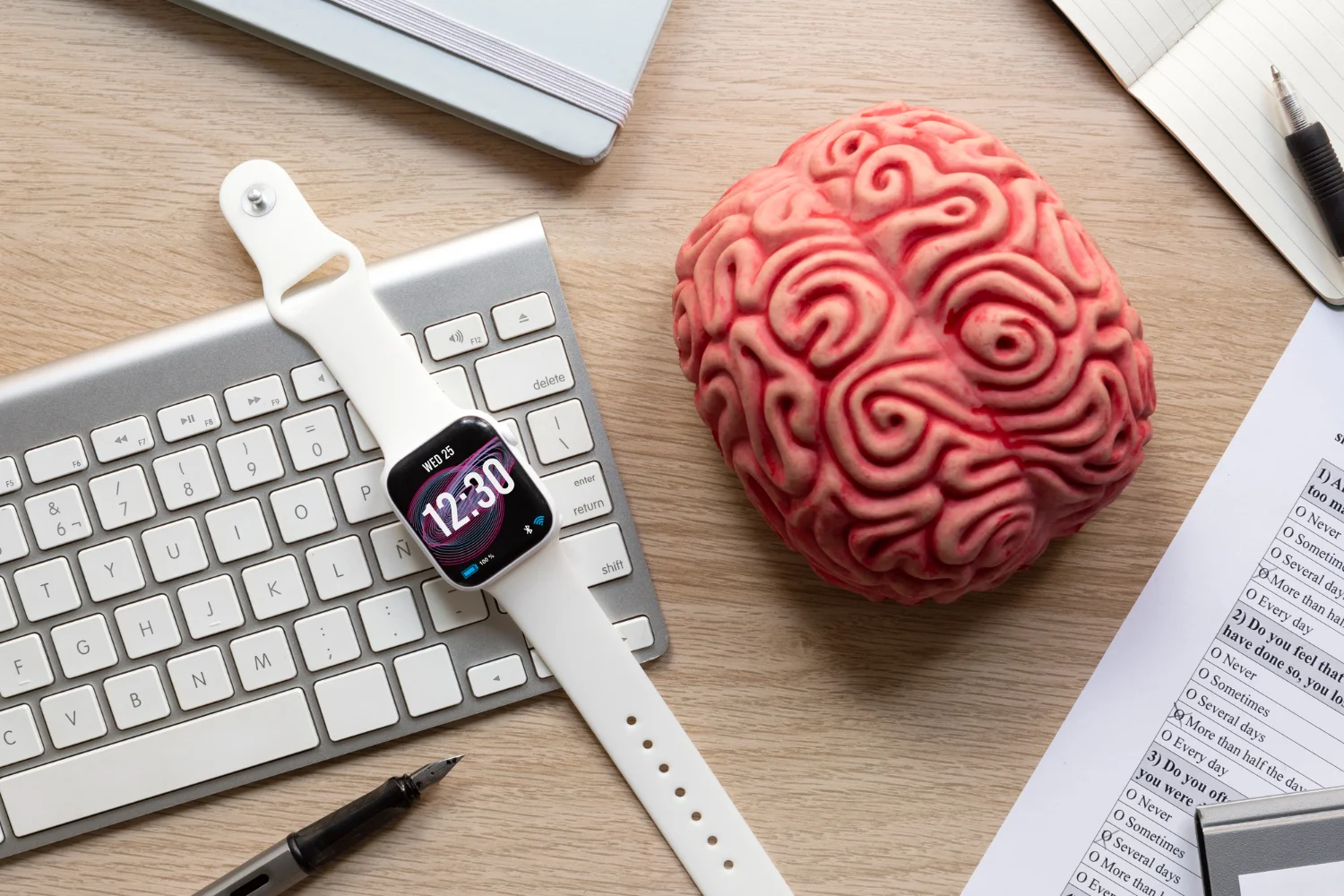Story of Emma: Struggling With Anxiety
Emma had always been the life of the party, but behind the laughter, she struggled silently with anxiety. Every day felt like climbing a mountain she couldn’t see the top of. One evening, while scrolling through her phone, she discovered an app designed to help people manage stress and anxiety. This was her first encounter with mental health tech, a technology-driven solution that changed how she approached her emotional well-being.
What Is Mental Health Tech
Mental health technology refers to digital tools, applications, and platforms designed to improve mental health outcomes. From mobile apps offering guided meditation to AI-powered therapy chatbots, this technology is transforming how individuals access mental health support. Unlike traditional therapy, mental health tech provides flexible, accessible, and often affordable options for people around the world.
Key Features of Mental Health Tech
- Digital Therapy Platforms: Virtual therapy sessions and online consultations provide convenience and privacy.
- Meditation and Mindfulness Apps: Apps like Headspace and Calm guide users through exercises that reduce stress and improve focus.
- AI-Powered Chatbots: AI tools simulate conversation and provide mental health advice anytime, anywhere.
Benefits of Mental Health Tech
The adoption of mental health technology has expanded rapidly in recent years due to its unique advantages.
Accessibility and Convenience
One of the most significant benefits is accessibility. People in remote areas or those with limited mobility can now access therapy and mental health support without traveling long distances.
Personalization and Data Insights
Mental health tech tools often track mood, sleep, and activity patterns. This data allows apps and platforms to provide personalized suggestions, helping users develop healthier routines and coping mechanisms.
Reduced Stigma
By offering private, app-based support, mental health technology helps reduce the stigma associated with seeking therapy. Many users feel more comfortable exploring mental health solutions digitally before considering in-person treatment.
Popular Mental Health Tech Tools
Numerous digital platforms are making a tangible impact on mental health care.
Meditation and Mindfulness Apps
Apps such as Calm and Insight Timer provide guided meditation, breathing exercises, and sleep aids, helping users reduce stress and improve focus.
Therapy and Counseling Platforms
Platforms like BetterHelp and Talkspace connect users with licensed therapists online, offering video calls, messaging, and live chat.
AI Chatbots for Mental Health
Chatbots like Woebot and Wysa use AI to provide emotional support, track mood, and teach coping strategies for anxiety and depression.
Challenges in Mental Health Tech
While mental health tech is promising, it also faces challenges.
Privacy Concerns
Collecting sensitive data requires robust privacy measures. Users must trust that their information is secure and not misused.
Lack of Human Connection
Some users may feel digital solutions lack the personal connection of face-to-face therapy, making it harder to address deep-rooted issues.
Accessibility Gaps
While technology increases access, it still requires internet connectivity and digital literacy, which can limit its reach in underprivileged communities.
The Future of Mental Health Tech
The future of mental health tech looks promising, with innovations in AI, VR, and wearable technology. AI could predict early signs of mental health issues, VR could simulate therapeutic environments, and wearable devices could track physiological markers of stress. These advancements indicate that mental health tech will not only support treatment but also enhance prevention and early intervention.
Emerging Trends to Watch
- AI-Driven Diagnosis Tools: Predict mental health risks using data analytics.
- Virtual Reality Therapy: Immersive experiences for phobias, PTSD, and anxiety.
- Wearable Technology Integration: Continuous monitoring of stress and sleep patterns.
Conclusion: Embracing Mental Health Tech
Emma’s story reflects a broader trend: people are increasingly turning to mental health tech for accessible, convenient, and effective support. While challenges remain, the integration of technology into mental health care is empowering individuals to take control of their well-being. By combining innovation, personalization, and accessibility, mental health tech is reshaping the way society approaches mental health, offering hope and support to millions worldwide.



